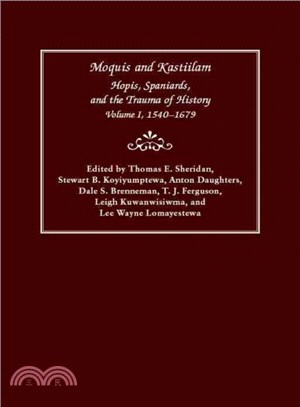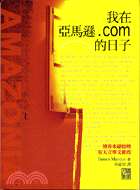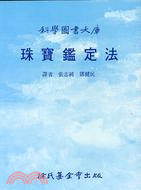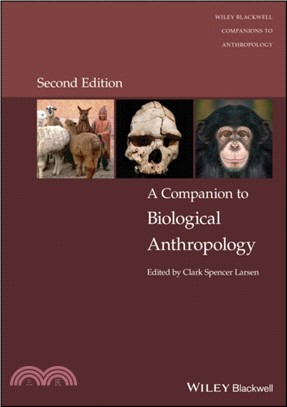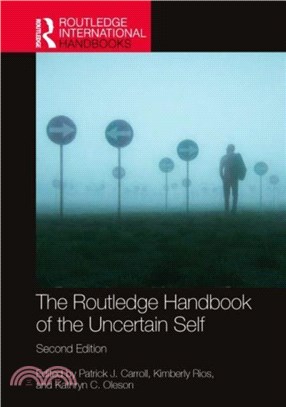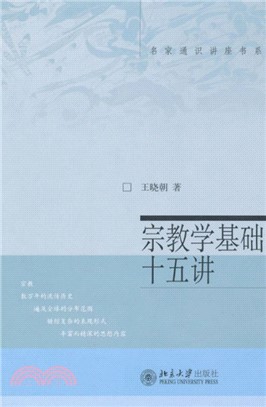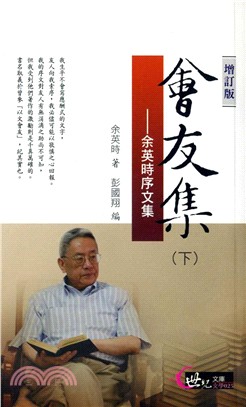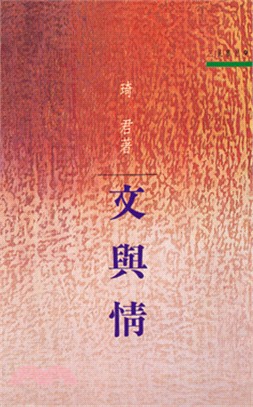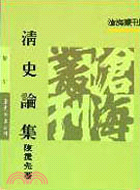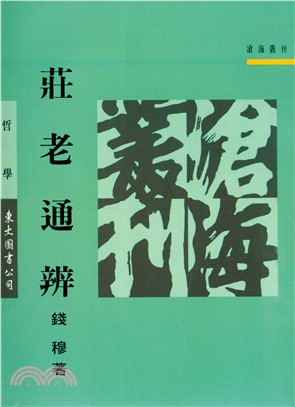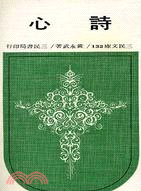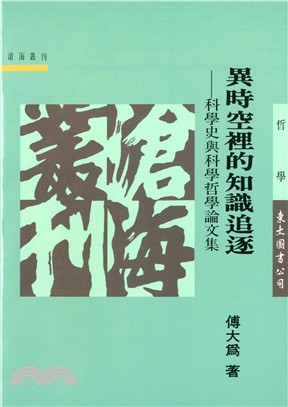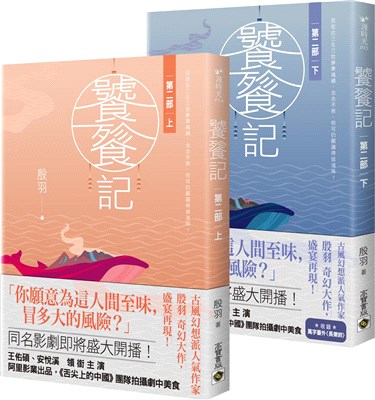Moquis and Kastiilam ─ Hopis, Spaniards, and the Trauma of History: 1540-1679
商品資訊
ISBN13:9780816531844
出版社:Univ of Arizona Pr
作者:Thomas E. Sheridan (EDT); Stewart B. Koyiyumptewa (EDT); Anton Daughters (EDT); Dale Brenneman (EDT); T. J. Ferguson (EDT)
出版日:2015/11/12
裝訂/頁數:精裝/384頁
規格:25.4cm*18.4cm*2.5cm (高/寬/厚)
定價
:NT$ 4500 元若需訂購本書,請電洽客服 02-25006600[分機130、131]。
商品簡介
作者簡介
相關商品
商品簡介
The first of a two-volume series, Moquis and Kastiilam tells the story of the encounter between the Hopis, who the Spaniards called Moquis, and the Spaniards, who the Hopis called Kastiilam, from the first encounter in 1540 until the eve of the Pueblo Revolt of 1680. By comparing and contrasting Spanish documents with Hopi oral traditions, the editors portray a balanced presentation of their shared past. Translations of sixteenth-, seventeenth-, and eighteenth-century documents written by Spanish explorers, colonial officials, and Franciscan missionaries tell the perspectives of the European visitors, and oral traditions recounted by Hopi elders reveal the Indigenous experience.
The editors argue that the Spanish record is incomplete, and only the Hopi perspective can balance the story. The Spanish documentary record (and by extension the documentary record of any European or Euro-American colonial power) is biased and distorted, according to the editors, who assert there are enormous silences about Hopi responses to Spanish missionization and colonization. The only hope of correcting those weaknesses is to record and analyze Hopi oral traditions, which have been passed down from generation to generation, and give voice to Hopi values and Hopi social memories of what was a traumatic period in their past.
Spanish abuses during missionization—which the editors address specifically and directly as the sexual exploitation of Hopi women, suppression of Hopi ceremonies, and forced labor of Hopis—drove Hopis to the breaking point, inspiring a Hopi revitalization that led them to participate in the Pueblo Revolt. Those abuses, the revolt, and the resistance that followed remain as open wounds in Hopi society today.
The editors argue that the Spanish record is incomplete, and only the Hopi perspective can balance the story. The Spanish documentary record (and by extension the documentary record of any European or Euro-American colonial power) is biased and distorted, according to the editors, who assert there are enormous silences about Hopi responses to Spanish missionization and colonization. The only hope of correcting those weaknesses is to record and analyze Hopi oral traditions, which have been passed down from generation to generation, and give voice to Hopi values and Hopi social memories of what was a traumatic period in their past.
Spanish abuses during missionization—which the editors address specifically and directly as the sexual exploitation of Hopi women, suppression of Hopi ceremonies, and forced labor of Hopis—drove Hopis to the breaking point, inspiring a Hopi revitalization that led them to participate in the Pueblo Revolt. Those abuses, the revolt, and the resistance that followed remain as open wounds in Hopi society today.
作者簡介
Thomas E. Sheridan holds a joint appointment as research anthropologist at the University of Arizona’s Southwest Center and professor in the School of Anthropology. He received his PhD in anthropology from the University of Arizona in 1983.
Stewart B. Koyiyumptewa received his BA from the University of Arizona in 1999. He is currently the archivist for the Hopi Tribe’s Cultural Preservation Office.
Anton Daughters is an assistant professor of anthropology at Truman State University. He received his PhD from the University of Arizona in 2010 and was an Andrew W. Mellon Postdoctoral Fellow at Cornell College from 2010 to 2012.
Dale S. Brenneman is associate curator of documentary history and director of the Office of Enthohistorical Research at the Arizona State Museum. She received her PhD in anthropology from the University of Arizona in 2004.
T. J. Ferguson received his PhD in anthropology from the University of New Mexico in 1993. Since 2002, he has served as a professor of anthropology at the University of Arizona, in addition to being the sole proprietor at Anthropological Research, LLC.
Leigh Kuwanwisiwma is the director of the Cultural Preservation Office of the Hopi Tribe. He is a member of the Hopi Tribe and of the Greasewood Clan. He has served on the Arizona Archaeology Commission, the Museum of Northern Arizona Board of Trustees, the Tribal Advisory Team of the Arizona State Museum, and the Museum of Indian Arts and Culture.
LeeWayne Lomayestewa, a member of the Hopi tribe and the Bear Clan, is a research assistant and the NAGPRA coordinator for the Hopi Cultural Preservation Office of the Hopi Tribe. He serves as the president of the Native Nations Southwest Advisory Panel at the Arizona State Museum and as a member of the Indian Advisory Panel at the Museum of Indian Arts and Culture in Santa Fe, New Mexico.
Stewart B. Koyiyumptewa received his BA from the University of Arizona in 1999. He is currently the archivist for the Hopi Tribe’s Cultural Preservation Office.
Anton Daughters is an assistant professor of anthropology at Truman State University. He received his PhD from the University of Arizona in 2010 and was an Andrew W. Mellon Postdoctoral Fellow at Cornell College from 2010 to 2012.
Dale S. Brenneman is associate curator of documentary history and director of the Office of Enthohistorical Research at the Arizona State Museum. She received her PhD in anthropology from the University of Arizona in 2004.
T. J. Ferguson received his PhD in anthropology from the University of New Mexico in 1993. Since 2002, he has served as a professor of anthropology at the University of Arizona, in addition to being the sole proprietor at Anthropological Research, LLC.
Leigh Kuwanwisiwma is the director of the Cultural Preservation Office of the Hopi Tribe. He is a member of the Hopi Tribe and of the Greasewood Clan. He has served on the Arizona Archaeology Commission, the Museum of Northern Arizona Board of Trustees, the Tribal Advisory Team of the Arizona State Museum, and the Museum of Indian Arts and Culture.
LeeWayne Lomayestewa, a member of the Hopi tribe and the Bear Clan, is a research assistant and the NAGPRA coordinator for the Hopi Cultural Preservation Office of the Hopi Tribe. He serves as the president of the Native Nations Southwest Advisory Panel at the Arizona State Museum and as a member of the Indian Advisory Panel at the Museum of Indian Arts and Culture in Santa Fe, New Mexico.
主題書展
更多
主題書展
更多書展今日66折
您曾經瀏覽過的商品
購物須知
外文書商品之書封,為出版社提供之樣本。實際出貨商品,以出版社所提供之現有版本為主。部份書籍,因出版社供應狀況特殊,匯率將依實際狀況做調整。
無庫存之商品,在您完成訂單程序之後,將以空運的方式為你下單調貨。為了縮短等待的時間,建議您將外文書與其他商品分開下單,以獲得最快的取貨速度,平均調貨時間為1~2個月。
為了保護您的權益,「三民網路書店」提供會員七日商品鑑賞期(收到商品為起始日)。
若要辦理退貨,請在商品鑑賞期內寄回,且商品必須是全新狀態與完整包裝(商品、附件、發票、隨貨贈品等)否則恕不接受退貨。

